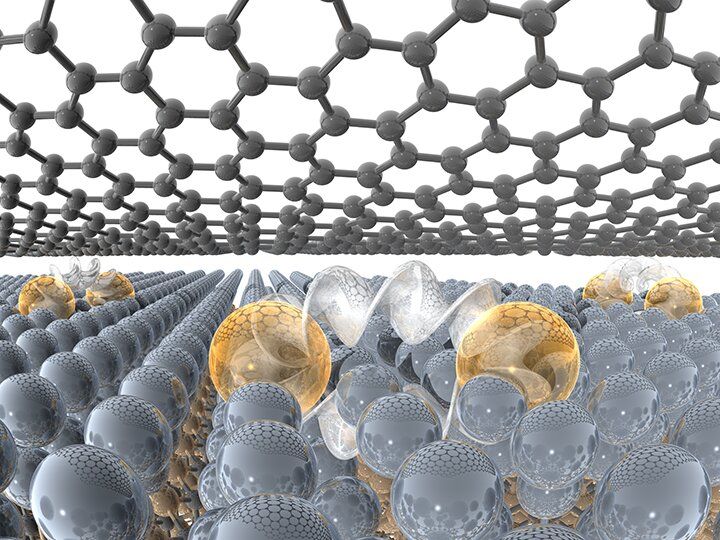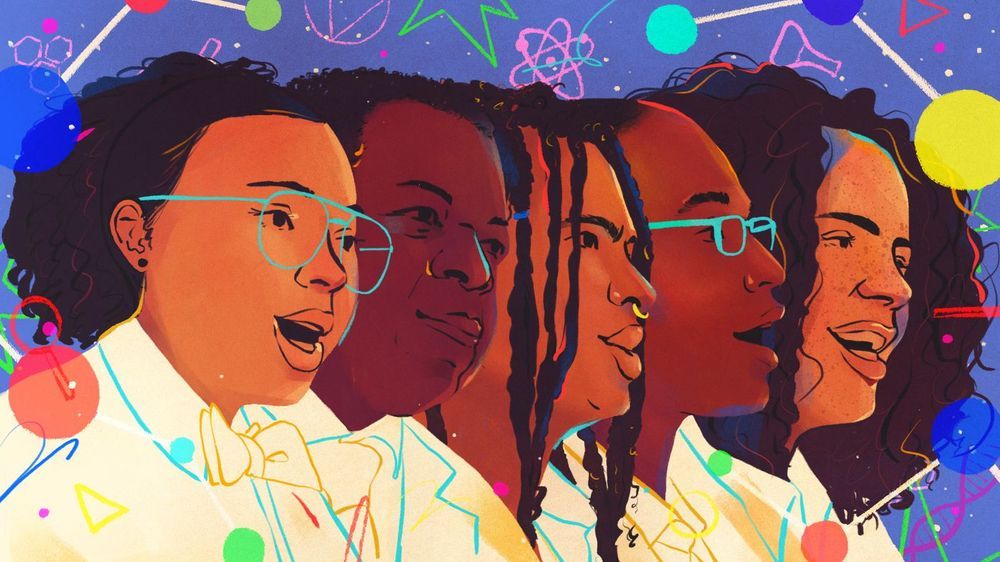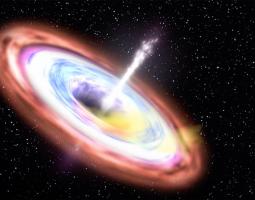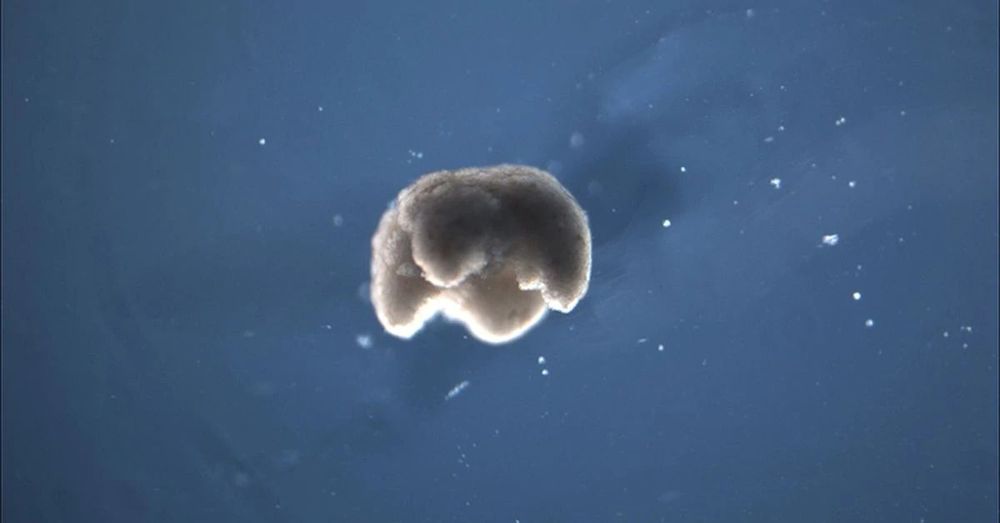Reversing aging with gene therapy:
Check out http://InspiredInsider.com — Insider Stories with Top Leaders and Entrepreneurs on INspiredINsider.com with Dr. Jeremy Weisz.
Other Entrepreneurs featured on InspiredInsider include founders of P90 X — Tony Horton, Einstein Bagels, Atari, and Baby Einstein and many more.
All Time Favorites:
Founder of P90X — http://www.inspiredinsider.com/tony-horton-p90x-interview/
Founder of Atari — http://www.inspiredinsider.com/nolan-bushnell-atari-brainrush-interview/






